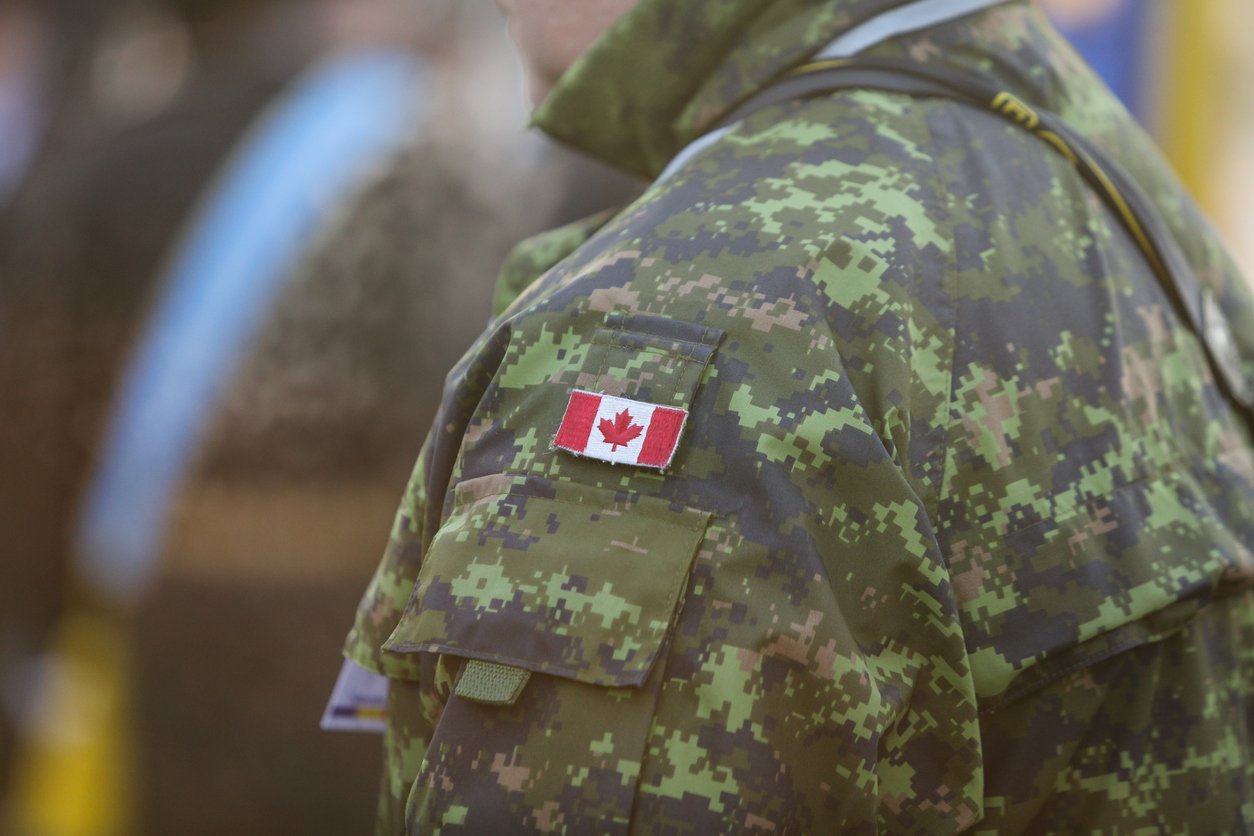
And level of reporting has declined, finds Statcan's report

Reports of sexual misconduct within the Canadian Armed Forces (CAF) significantly increased in 2022 compared to previous years, according to a report from Statistics Canada (StatCan).
Approximately 1,960 Regular Force members, or 3.5%, reported that they were sexually assaulted that year, in the military workplace or outside of the workplace in an incident that involved the CAF or other military members.
That number is a significant rise from the approximately 900 (or 1.6%) such victims in 2018 and 960 (1.7%) in 2017.
In December 2021, then Defence Minister Anita Anand and other officials in Canada extended their apologies to victims of sexual harassment and sexual assault inside the CAF, and vowed to move forward and create "fundamental changes" in the CAF governance. Months before that, former supreme court justice Morris Fish proposed recommendations for a complete overhaul of the Canadian military’s approach to handling cases of rape and sexual assault.
Unwanted sexual touching was the most common form of sexual assault experienced by regular force members in 2022 (3.3%). Smaller proportions of regular force members were victims of sexual attacks (0.6%) and sexual activity where they were unable to consent (0.6%).
Women (7.5%) continue to be more likely than men (2.8%) to become victims of sexual assault in the military, according to StatCan’s survey of military members conducted between October 2022 and January 2023.
The following were also sexually assaulted at a rate above the regular force rate last year:
Overall, 18.6 per cent of the military members personally experienced sexualized or discriminatory behaviour in the 12 months preceding the survey. The following were the most common acts:
Despite these numbers, 64% of victims of sexual assault did not report the incident they experienced to anyone in authority, and 16% did not know if anyone in authority was aware of what happened.
Just over one in five (21%) said the incident was reported, compared to 25% in 2018 and 23% in 2016.
The top reasons for not reporting the incident in 2022 were:
Women (26%) were more likely than men (16%) to cite concerns about the formal complaint process as a reason for not reporting.
Among those who did report sexual assault to someone in authority, 66% faced some sort of negative consequence as a result, according to StatCan.
“The Canadian Armed Forces is committed to eliminating all forms of misconduct, including sexual misconduct. Today’s results from the Survey on Sexual Misconduct in the Canadian Armed Forces shows that, while we have made progress in some areas, we still have work to do,” said General Wayne Eyre, Chief of the Defence Staff.
“We will continue to listen to our members and their lived experiences, and to ensure they have access to the necessary supports and services if or when they need them.”
Since August, any CAF member who has experienced sexual harassment, sexual misconduct or any other form of discrimination based on sex/gender while performing their duties has been allowed to file complaints through the Canadian Human Rights Commission (CHRC).